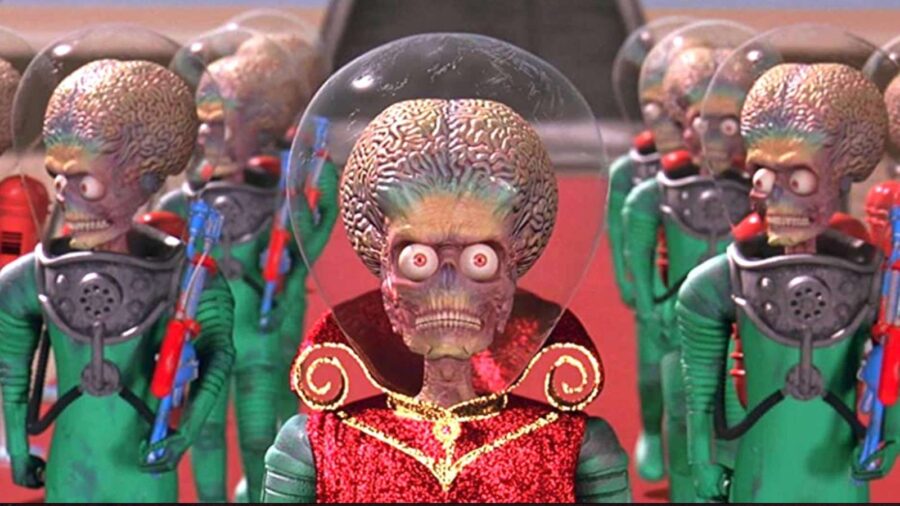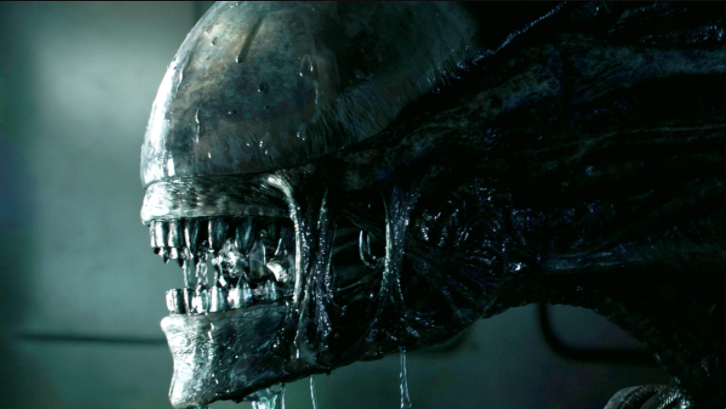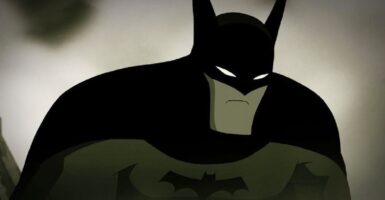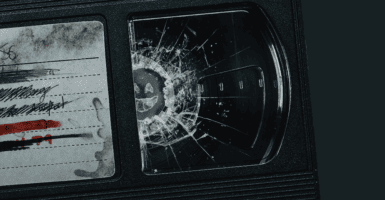Aliens Are Being Contacted Despite Warning From Stephen Hawking
Maybe let them call first?

Before his death in 2018, theoretical physicist Stephen Hawking said a number of times that he believed aliens existed somewhere in the universe, and that while he felt trying to find and learn about them was a worthy pursuit, that attempting to contact them was not a very good idea. Considering our own popular media — which is practically choked with movies, TV shows, comics, novels, and video games about fictional aliens wreaking havoc on Earth — it’s surprising anyone disagrees with him. Regardless, the quest to play Russian Roulette with the galaxy continues apace, with a brand new attempt to contact intelligent life about to begin.
Newsweek reports that a group of scientists has put together a radio transmission with the intention of broadcasting it into deep space. They’re hoping that any Vulcans, Klingons, xenomorphs, predators, ALFs, or that guy Han shot first will be able to intercept the message and get directions to our corner of the void. The message will be a more advanced version of the 1974 Arecibo Message, which some argue was a perfunctory transmission whose resolution was such that no aliens receiving it would ever be able to interpret it. The new message is called the Beacon in the Galaxy (BITG) message. According to Cambridge University’s Matthew Chong, the BITG will include “numbers, elements, DNA, land, ocean, and human, etc.” At the front and back of the message, says Chong, will be a set of prime numbers to signal any receiving Sith Lords or Heralds of Galactus that they’re dealing with intelligent beings.
In a 2010 Discovery Channel documentary series (via The Guardian), Stephen Hawking warned that if we were to be visited by aliens, “the outcome would be much as when Columbus landed in America, which didn’t turn out well for the Native Americans.” As opposed to scientists who might assume that any species intelligent enough to contact us might necessarily be benevolent, Hawking argued people from other planets might see our home as a wonderful opportunity for plunder. As recalled by the BBC, Hawking said, “We only have to look at ourselves to see how intelligent life might develop into something we wouldn’t want to meet.”

Newsweek asked one of the BITG scientists, Jamilah Hah, about Hawking’s warnings. Far from dismissive of the physicist’s thoughts, Hah called them “absolutely inspiring.” However she does have an interesting and different take. Hah told Newsweek she concluded “any species capable of understanding and interpreting our message will likely be equally if not more intelligent and wary of our existence.” So, in a sense, Hah is saying “aliens will be just as scared of us as we are of them.”
The BITG has not been sent yet. The scientists are proposing a transmission from two different spots on Earth: the Aperture Spherical Radio Telescope in China and the SETI Institute’s Allen Telescope Array. Just in case the Mars Attacks aliens do stop by, it might be a good idea to make sure you have some Slim Whitman records on hand just in case.












